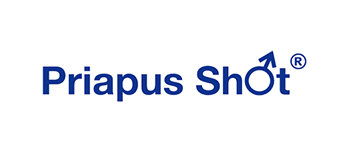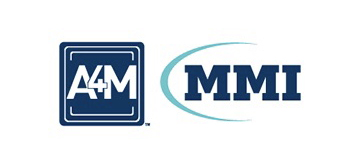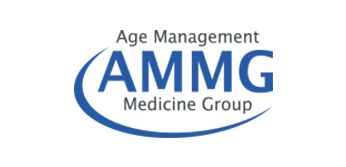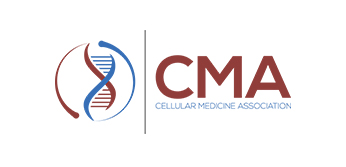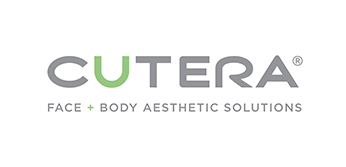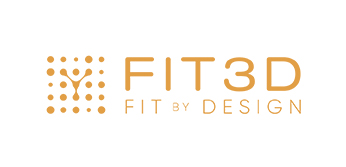Health & Wellness Assessments
What is a Health Risk Assessment?
A health risk assessment (HRA), also known as a health risk appraisal, is a questionnaire that evaluates the lifestyle factors and health risks of an individual. Questions in an HRA cover topic such as nutrition, fitness, stress, sleep, mental health, and biometric information such as blood pressure and cholesterol. An HRA will help population health professionals identify the risk of chronic conditions like heart disease, diabetes, cancer, and obesity. Health risk assessments are widely distributed among workforce and health plan populations.

Difference between Health Risk Assessment and Health Risk Appraisal.
Essentially, these terms are synonymous, as they both collect and measure lifestyle factors and health risks. Most wellness and population health managers use the terms health risk assessment and health risk appraisal interchangeably.
MedSmart Wellness Centers require an HRA be completed as part of the Medicare Annual Wellness Visit (AWV). The Annual Wellness Visit informs care plans with the intention of reducing costs of care. CMS recognizes the value in identifying risk factors for disease and injury to help personalize care plans.
The value of self-reported data for improved health outcomes.
Health risk assessments collect self-reported information that is used by health and wellness professionals to identify risks, segment populations, design and implement interventions, and measure outcomes. The downside to self-reported data is that it is subject to bias. For example, individuals may not accurately recall their blood pressure or could under-report their weight or how much alcohol they drink. Clinicians around the world are familiar with the potential inaccuracy of self-reported data but must rely on the recall and honesty of individuals when asking individuals about their mental health, dietary habits, or pain levels. And that might not be a bad thing. Recent research shows a high correlation between subjective and clinical weight measures and supports the reliability of self-reported well-being. Asking individuals about their habits and feelings—including their change readiness—gives health professionals insight into an individual’s risk of chronic diseases and which unhealthy habits an individual is ready to improve.


